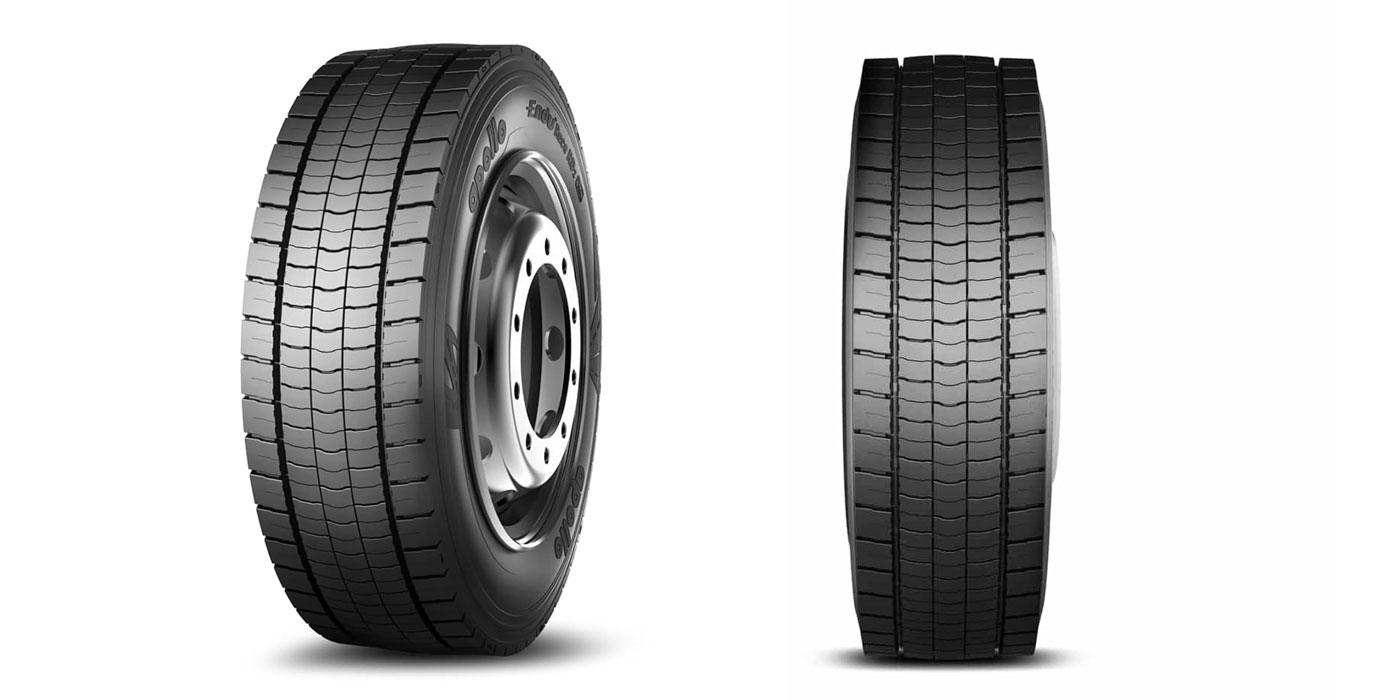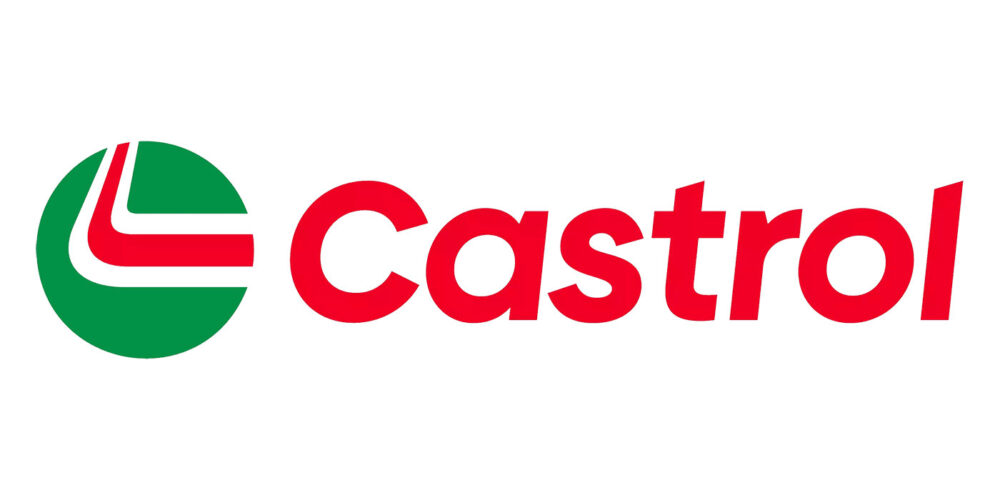West Texas crude costs approximately $80 per barrel as I’m writing this column, so it makes this month’s subject seem irrelevant. However, the price of crude will be back over $100 per barrel soon. Inflation and higher worldwide demand, as expected, will combine to increase prices significantly. Used oil is becoming a valuable commodity due to several factors.
In many areas, disposal regulations force fleet operators to spend significant money disposing of used oil. In California, used oil and filter disposal legislation, because they both are classified as hazardous waste, has also caused fleets to endure government forms and frequent reporting requirements. New York and several New England states either already have such legislation, or they will soon.
Several used oil re-refiners such as Evergreen Oil, Safety-Kleen, and Universal Lubes will come to your facilities and pay to remove your used oil. You just can’t beat a deal like that!
Many fleet operators traditionally burned their used oil in shop heaters. But these heaters cost between $5,000 and $15,000, and their burners require frequent cleaning due to contaminants in the used oil. Rigorous filtration of the used oil prior to burning can extend burner cleaning intervals significantly, but that requires additional time and money. Besides, California and many metropolitan areas currently prohibit burning used oil in a closed environment.
So why are re-refiners willing to pay good money for used oil? First, as we’ve discussed before, oil doesn’t burn up or wear out. Oil degrades in several ways:
1. Additives get depleted.
2. Contaminants (soot, etc.) build up.
3. Viscosity Index (VI) improvers shear down.
But used diesel oils aren’t usually “burned up” (less than 5% oxidation).
Over the years, responsible re-refiners have developed techniques that can produce high quality base stocks at a reasonable cost. Oil compounders (blenders) can purchase high quality base stocks for less money than they can purchase refined crude. As marketing people and politicians would say, it’s a “win-win” situation.
So, how should a fleet operator proceed? Contact re-refiners in your area who are willing to pay for your used oil and thoroughly check out each one of them. I’m sure there are some charlatans in that market, also. Request information from NORA, the oil recyclers’ trade association.
To get top dollar, consider filtering your used oil if it is convenient. Never mix oils containing phosphorus/sulfur EP agents (gear oil, etc.) with used engine oils. It is more expensive (or impossible) to remove those additives, and they cannot be used in engine oils. You can identify phosphorus/sulfur-containing used oils by their rotten egg gas smell.
Try to keep any other contaminants such as water and grease out of your used oil supply. Anything you can do to help the re-refiner should increase the value of your used oil. It’s perfectly okay to mix diesel and gasoline used oils in the same container, since their additive chemistry is very similar. Be sure to mention what steps you’ve taken to provide the re-refiner with a good product when you negotiate prices with him.
Should you consider using some of the re-refined oils in your fleet? Years ago, I would have recommended against it due to questionable re-refining techniques, but re-refining technology has improved significantly in the last 10-15 years.
I would not consider using re-refined oils in your fleet if your equipment is operated under extremely severe conditions or you extend oil change intervals significantly. I also would check with the engine OEM if you’re planning to use re-refined engine oil in late model engines using particulate traps. Other than that, you should be good to go, and, if it is important, you can market your fleet’s operations as being “green.”













